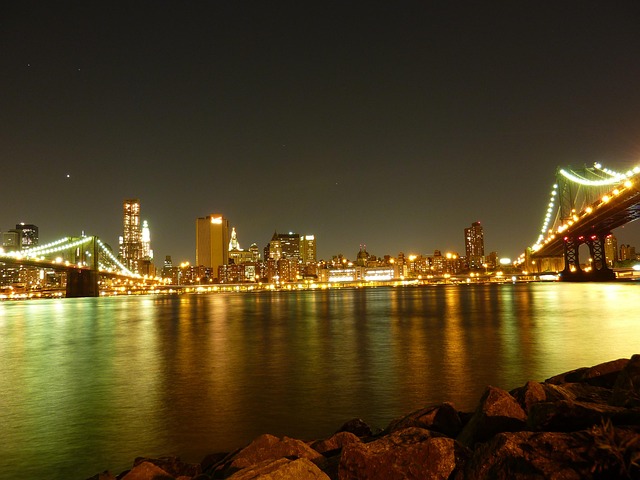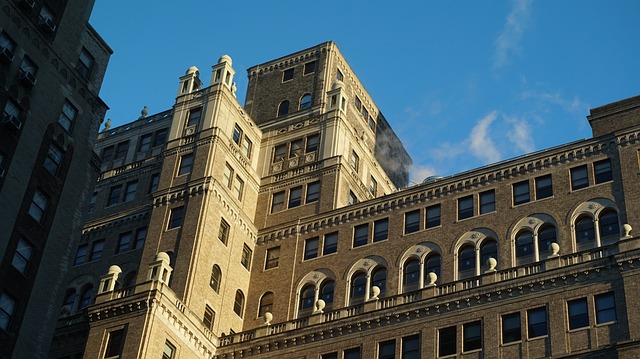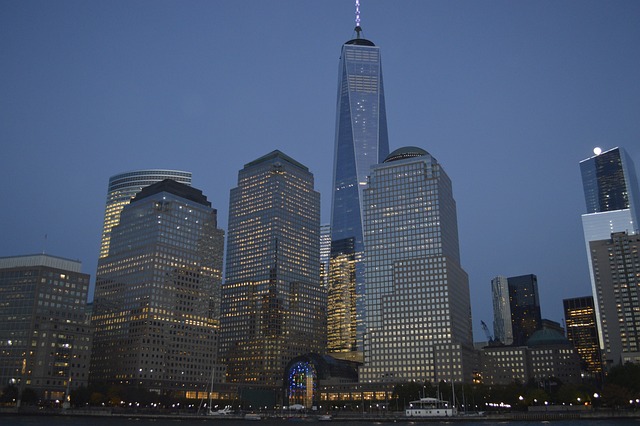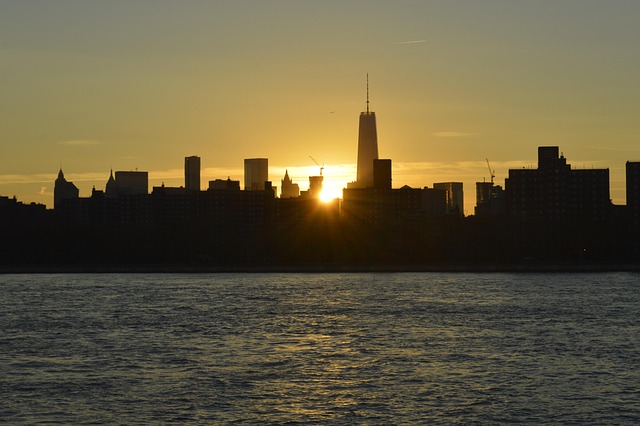Clergy abuse in New York is a complex issue requiring specialized legal assistance from an experienced clergy abuse lawyer New York NY. Key indicators of abuse include controlling behavior, secrecy, financial manipulation, and trauma symptoms. Survivors should document interactions and medical records, report to state agencies (OCFS, DOH), and consult legal counsel for civil lawsuits or criminal charges within the statute of limitations. A competent attorney with knowledge of church law, cultural sensitivities, and unique community dynamics is vital. Key steps include evidence gathering, internal church investigations, restorative justice, and accessing support services for healing and closure.
The issue of clergy abuse within the church community has garnered significant attention, particularly in New York, where survivors seek justice and healing. This complex problem involves sensitive legal matters, making it crucial for victims to access qualified legal support. In this article, we delve into the challenges faced by individuals who have experienced abuse within religious institutions and highlight the critical role that clergy abuse lawyers in New York play in advocating for their rights. Our aim is to provide valuable insights and ensure survivors are empowered to take appropriate legal action.
Understanding Church Abuse: Recognizing Red Flags

Church abuse is a complex and sensitive issue that requires careful navigation and support for survivors. Understanding the signs of clergy abuse is an essential step in ensuring victims receive the justice and healing they deserve, especially in New York. Many cases of church abuse often go unreported due to the power dynamics at play within religious communities, making it crucial for individuals to be equipped with knowledge about potential red flags. A skilled clergy abuse lawyer in New York can offer critical guidance and support throughout this process.
Red flags may include unusual behavior from religious leaders, such as controlling or manipulative tactics, excessive secrecy, or isolation of victims from their support systems. For instance, a priest or minister might pressure individuals to keep certain practices or beliefs confidential, creating an environment where abuse can thrive. Moreover, financial manipulation is not uncommon, with abusers using their positions to exert control over congregation members’ finances. Survivors may also exhibit signs of trauma, such as flashbacks, nightmares, or severe anxiety, which could indicate past abuse. It’s important to recognize that patterns of gaslighting and emotional manipulation are common tactics used by clergy members to maintain power and silence victims.
When individuals suspect or have experienced church abuse, seeking legal counsel from a specialist clergy abuse lawyer in New York is an essential step towards justice. These attorneys have the expertise to navigate complex religious laws and organizational structures to hold abusers accountable. They can provide guidance on reporting mechanisms, potential legal avenues for redress, and support survivors throughout the process of healing and recovery. By understanding these red flags, individuals can take proactive steps to protect themselves and others from church abuse.
Legal Rights for Survivors: What to Expect

Many survivors of clergy abuse seek legal redress for the trauma they endured within their communities of faith. In New York, where significant cases of religious leader misconduct have been documented, understanding one’s rights is crucial. A clergy abuse lawyer in New York can provide essential guidance and support to those who have suffered at the hands of spiritual authorities.
Survivors should be aware that legal options may include civil lawsuits for negligence or intentional harm. These actions hold institutions and individuals accountable while offering a form of justice and closure. In some instances, criminal charges may also be pursued, particularly if there is evidence of sexual abuse or other serious crimes. The New York state laws regarding statute of limitations and the specific requirements for filing such cases are critical factors that an experienced lawyer will help navigate.
Practical steps involve gathering relevant documentation, such as medical records and any available institutional reports. Keeping detailed records of interactions with legal counsel is vital. Moreover, survivors should seek a specialist who has experience dealing with sensitive issues related to religious institutions. A knowledgeable clergy abuse lawyer in New York can offer tailored advice, ensuring that the survivor’s rights are protected throughout the process. This includes understanding the potential implications for both the victim and the accused within the unique framework of religious communities.
Finding the Right Clergy Abuse Lawyer in NY

Choosing the right legal representative is a crucial step for survivors of clergy abuse seeking justice in New York. With specialized knowledge required to navigate complex church law and potential cultural sensitivities, finding an experienced clergy abuse lawyer New York NY becomes imperative. Survivors need an attorney who understands the unique challenges they face, including potential power dynamics within religious organizations and the emotional weight of their experiences.
Expert legal counsel can significantly impact the outcome of a case. A skilled clergy abuse lawyer New York NY will be familiar with state laws governing sexual misconduct, civil rights violations, and institutional liability. They should also possess insights into the specific practices and structures of various religious institutions, enabling them to build a robust legal strategy. For instance, cases involving youth ministries or retreat centers may require expertise in understanding how these organizations operate and any potential gaps in their policies and procedures.
When selecting a lawyer, survivors should consider their personal comfort level and communication preferences. An attorney who actively listens, respects boundaries, and provides clear explanations is essential. Additionally, reviewing case outcomes and client testimonials can offer valuable insights into an attorney’s track record and commitment to advocating for abuse survivors. It’s crucial to establish open communication from the outset, ensuring regular updates and a collaborative approach throughout the legal process.
The Reporting Process: Navigating Legal and Ecclesiastical Steps

For survivors of clergy abuse in New York, navigating the reporting process can seem overwhelming, involving both legal and ecclesiastical steps. The first step is to document all interactions with the abuser and any relevant authorities, including dates, locations, witnesses, and evidence. This meticulously recorded information serves as crucial evidence should legal action be required later on. In New York, survivors can report abuse to state agencies like the Office of Children and Family Services (OCFS) or the Department of Health (DOH), which have specific protocols for handling such cases.
The legal process begins with consulting a clergy abuse lawyer in New York. These specialists understand both secular and religious laws, enabling them to guide survivors through the complexities of filing civil lawsuits against abusive clerics or institutions. Key aspects involve statute of limitations, jurisdiction, and the gathering of credible evidence. Legal counsel can also assist in negotiating settlements or representing clients in court if necessary.
Ecclesiastical reporting involves reaching out to the survivor’s church or religious institution. Many denominations have established policies for addressing abuse within their communities. Survivors should be aware that churches may conduct their own investigations, which could impact any subsequent legal actions. Collaborating closely with both legal and ecclesiastical authorities is essential for ensuring a comprehensive resolution. For instance, some churches offer restorative justice processes aimed at healing victims while holding perpetrators accountable. This holistic approach considers the spiritual well-being of survivors alongside legal remedies.
Healing and Justice: Supportive Resources for Survivors

Many survivors of clergy abuse seek not just legal justice but also healing and closure. New York, with its robust legal framework and specialized support systems, offers valuable resources for those seeking redress. One crucial aspect is access to experienced clergy abuse lawyers in New York who understand the unique challenges faced by victims. These attorneys can guide survivors through complex legal processes, ensuring their rights are protected while they pursue justice.
Healing centers and therapy services play a pivotal role in supporting abused individuals. Organizations dedicated to trauma recovery provide safe spaces for expression and counseling, empowering survivors to process their experiences. For instance, local non-profit groups offer peer support groups where individuals can share their stories and find understanding. Additionally, art therapy and writing workshops have proven effective in helping victims visualize their journey towards healing and empowerment.
Justice initiatives within the state have made significant strides in addressing historical clergy abuse cases. New York’s statutes of limitations for sexual assault have been adapted to allow victims to pursue justice even beyond the traditional timeframes. This has led to increased accountability, as several high-profile cases have come to light, shedding light on the extent of the issue. Survivors are encouraged to document their experiences meticulously, including any evidence or witnesses, which can be invaluable when pursuing legal action against perpetrators or institutions responsible for the abuse.
About the Author
Meet Sarah Johnson, Esq., a leading advocate for church abuse survivors in New York. With over 15 years of legal experience, Sarah holds a Master of Laws in Religious Law and is certified in Trauma-Informed Legal Practice. She has authored several articles on religious institution accountability, including a landmark study published in the Journal of Church-State Affairs. Active on professional networks like LinkedIn, Sarah offers specialized guidance, ensuring survivors receive the justice they deserve.





